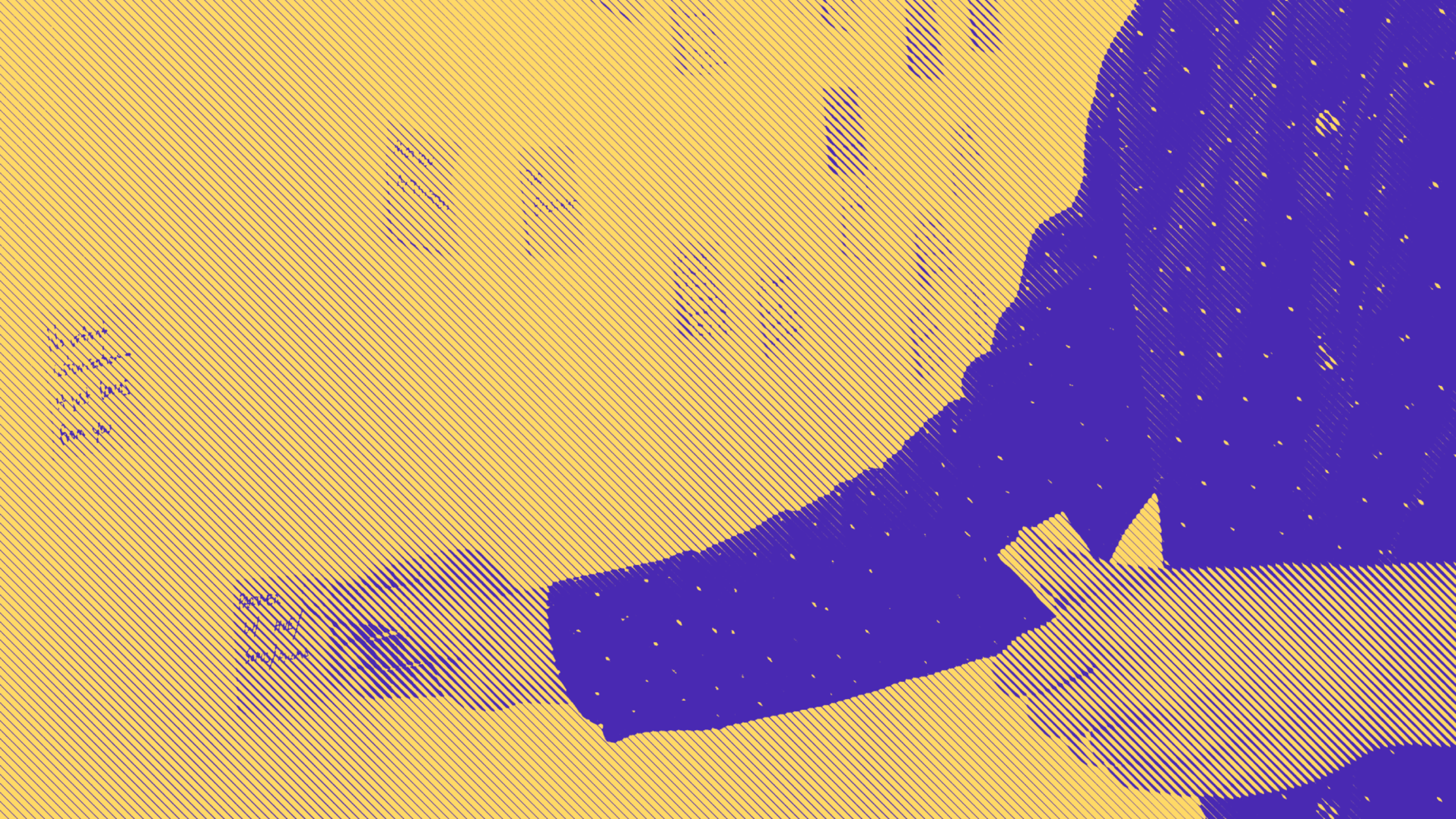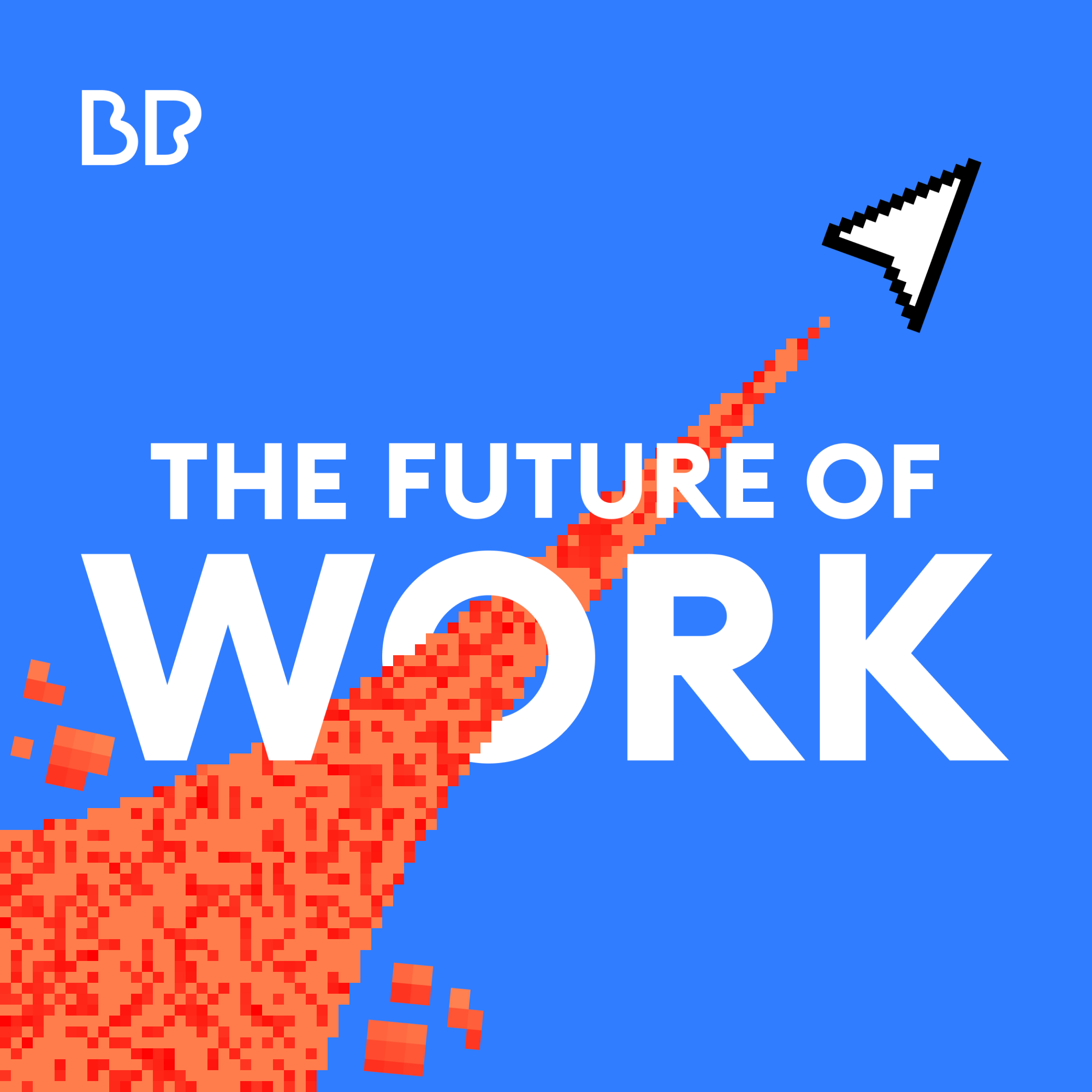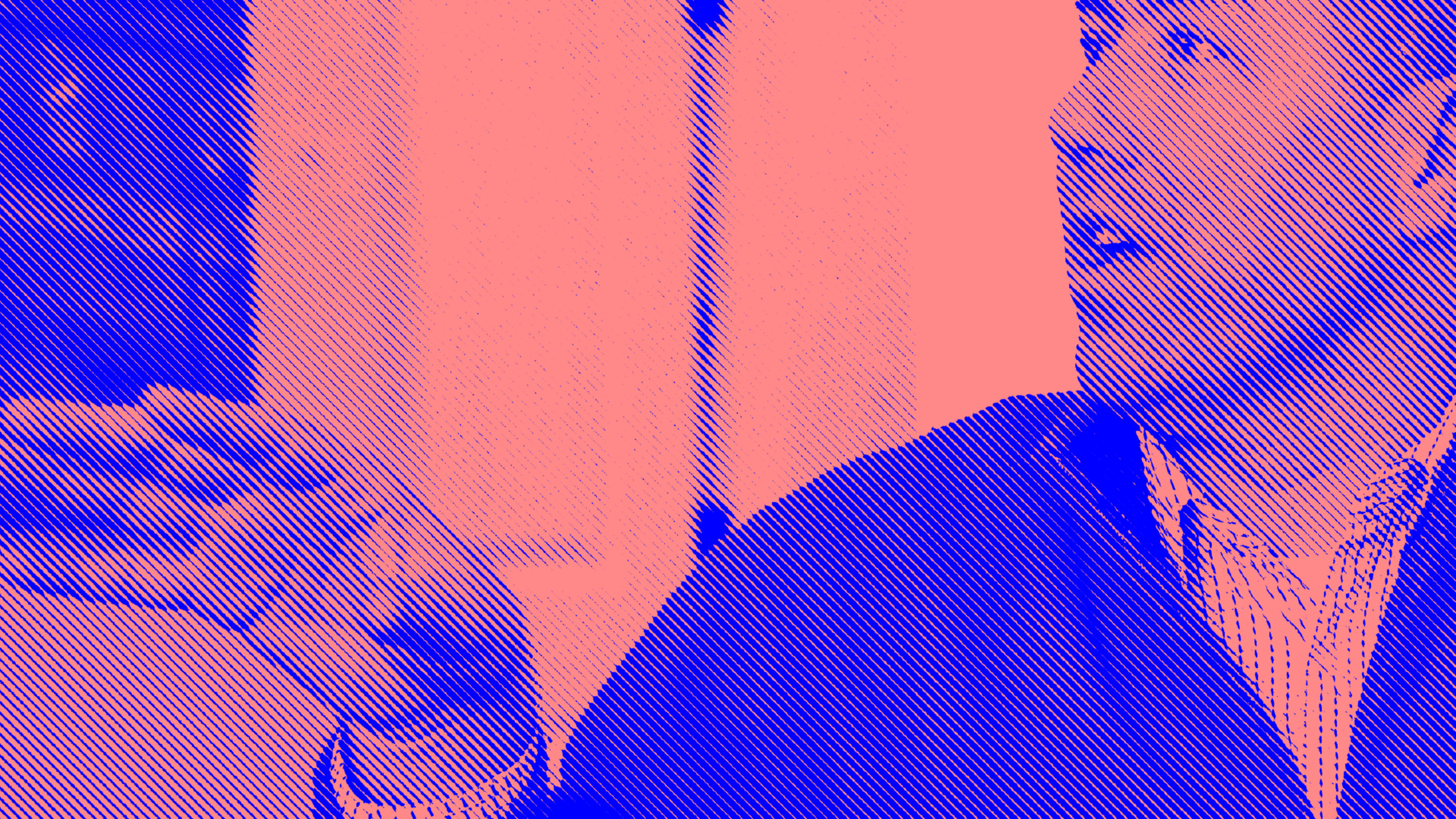
Building Connected Remote Teams with Alexander Embiricos, Remotion

We’ve all felt the exhaustion of back-to-back video calls. We know studies explain some of this fatigue: seeing ourselves on camera for hours at a time, for example. But is there more to the problem?
Alexander Embiricos, Co-founder of Remotion, believes that the problem is work isn’t meant to revolve around scheduled meetings. Teams need to build relationships, collaborate, and do solo work on their own time. Taking call after call can suck the creative energy out of the best of us.
So, what can we do?
Alexander thinks we need to focus on meeting at the right times — and not at the wrong times.
He also believes that we need to prioritize strong relationships and geographic diversity to grow sustainable teams.
Remotion helps remote teams connect better, and Alexander shares the journey he experienced with his co-founder — the problems they confronted first-hand and the solution they built to solve them.
Takeaways:
- Having a great job and staying in your hometown doesn’t have to be mutually exclusive.
- Remote work can have more benefits than just convenience. Geographically diverse teams bring a unique mix of perspectives and backgrounds to their work.
- Building community with people outside your industry can reveal your blind spots and help you build better products.
- Imitating in-person dynamics for remote teams will help us avoid burnout.
- Stronger relationships lead to better decisions, which leads to more creativity.
Things to Listen For:
- [01:55] Experiencing fatigue in remote work
- [02:15] Answering the fundamental question: When do we need to meet?
- [02:40] Remotion’s fix for burnout
- [04:45] Defining the problems Remotion solves
- [07:45] Alexander’s background
- [10:20] Recognizing the importance of geographic diversity
- [13:15] Considering the future of distributed companies
- [15:20] Remotion versus the status quo
- [17:20] Alexander’s philosophy of remote work
- [18:00] Harnessing creative energy
- [19:00] Imitating in-person work environments
- [20:20] Measuring Remotion’s success by connections
- [22:30] Leveling the playing field for in-person and remote employees
- [25:45] Creating awareness to catalyze natural conversation
- [27:20] Enabling “unproductive” connection
- [29:00] Celebrating unavailability
- [30:20] Looking at Remotion’s future



